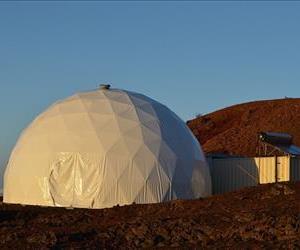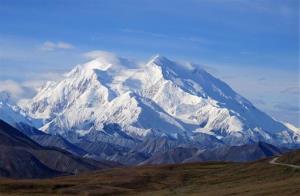Record-Breaking 1800 Selfies Taken in 1 Hour

(Bhanu Prakash)
http://timesofindia.indiatimes.com/city/hyderabad/Hyderabad-boy-eyes-new-record-by-clicking-1800-selfies-in-one-hour/articleshow/48845060.cms
1) What are the parameters of the competition? Are they valid? Is this something worth competing for? What evidence is most compelling in training for this activity?
2) Why might his parents feel differently than his former teachers? His current or future partner/s? The relatives of George Eastman?
3) In what ways is this more connected to chemistry than to psychology? To what degree is this connected to math?
4) How might the reporting of this story be different if it was about a teenage girl? An American?
5) What are the basic assumptions about people who take selfies? What are the basic assumptions of those who share selfies about their followers/friends?
Extension Activities:
1) Students can chart the rate of posted selfies of their friends and compare them to those of celebrities'.
2) Students can research the use of selfies within different social networks and predict future trends.
AoK: Human Sciences
WoK: Imagination


